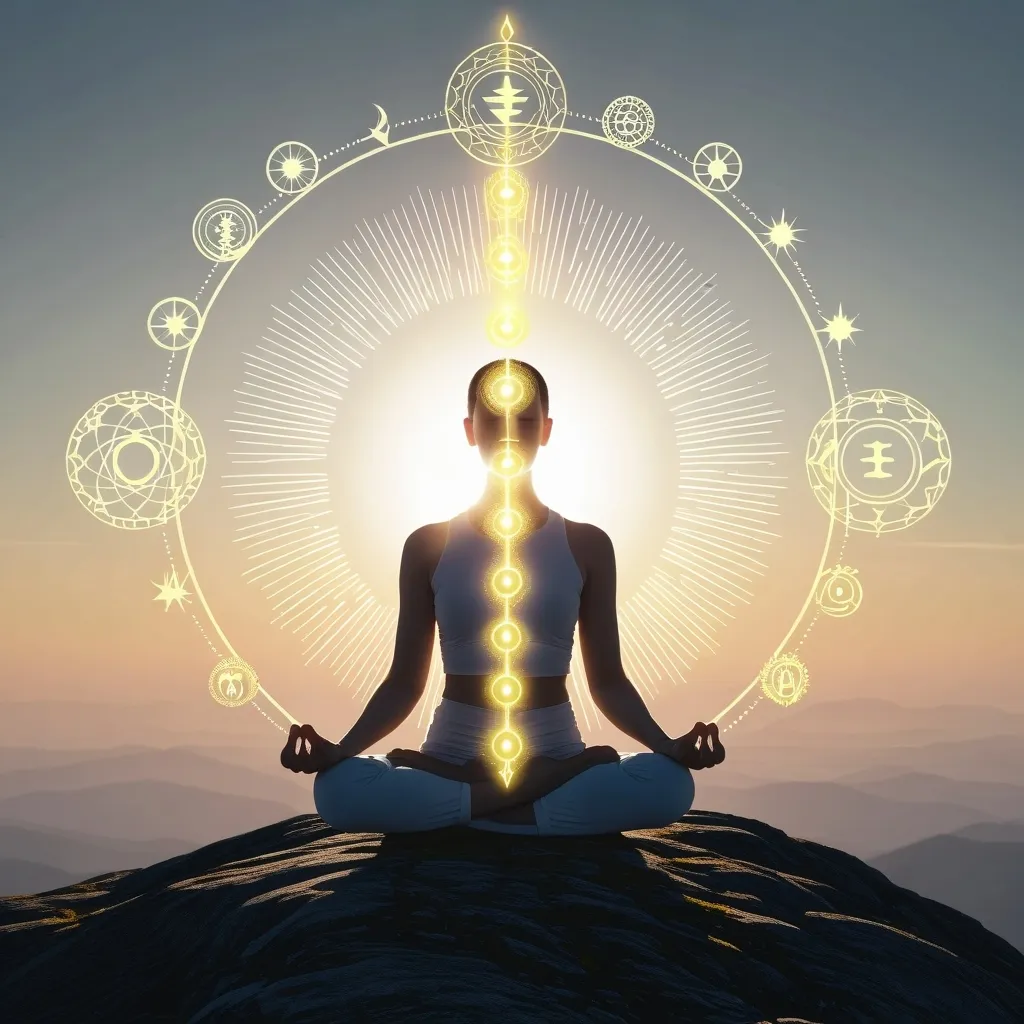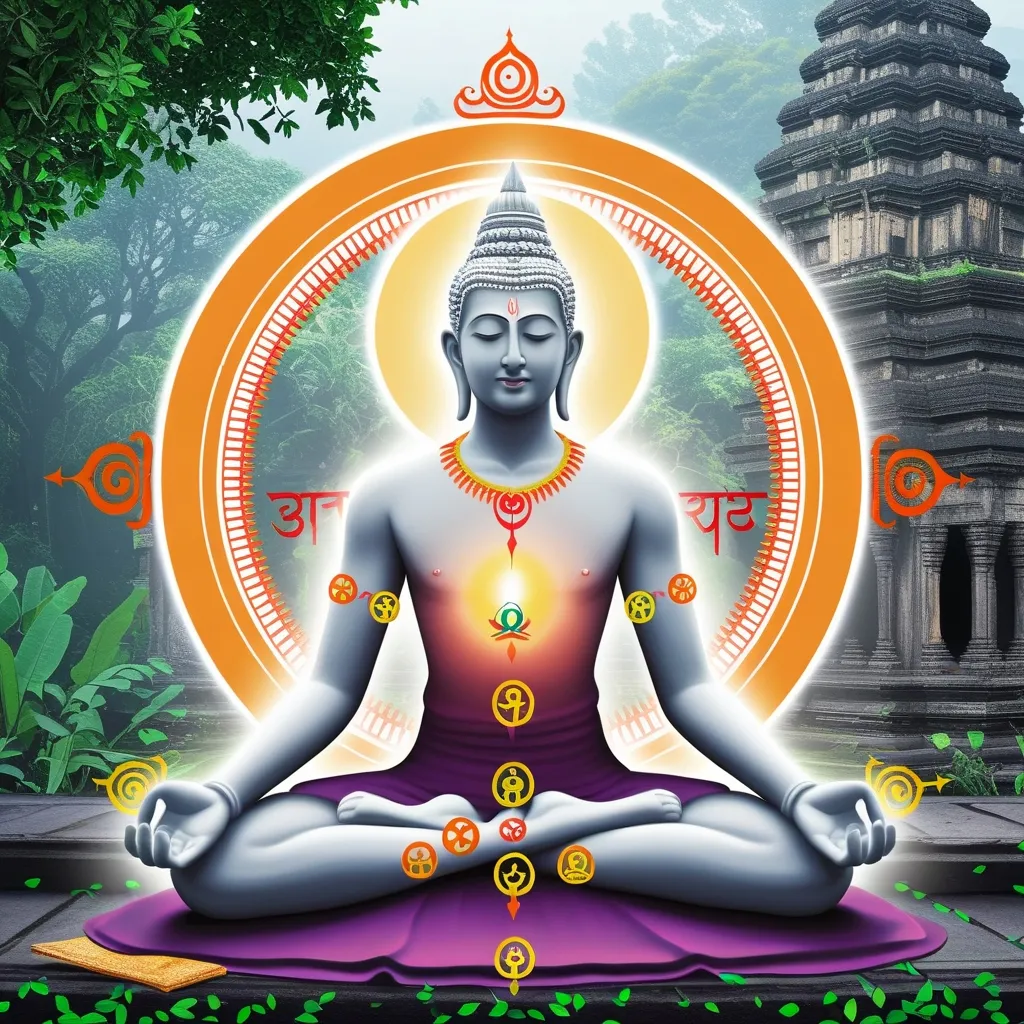Detachment in Hindu philosophy often gets a bad rap. People think it means cutting yourself off from the world and living like a hermit. But that’s not the deal. The real essence is about staying deeply involved in life without getting tangled up in it. Swami Vivekananda nailed it with “You will be nearer to heaven through football than through the study of The Gita,” meaning engaging fully in activities can get you closer to the divine than just reading sacred texts.
The Bhagavad Gita, which is like the handbook of Hinduism, really dives into this. It preaches that actions should be performed without attachment to their outcomes. It’s not about being indifferent or zoning out; it’s about doing your work with a balanced mind and not obsessing over results. Think of a passionate scientist playing with equations for the sheer love of it, not for fame or glory.
Vairagya, another name for detachment, is about not being enslaved by desires for worldly objects or even your own thoughts and body. It’s not about giving up everything. It’s more like enjoying your family but not living in constant fear of losing them. It’s this balance that lets you live fully but not be overwhelmed by life’s rollercoasters.
Detachment doesn’t mean you can’t enjoy life’s pleasures. It’s about understanding that these pleasures are temporary. The Gita suggests finding lasting joy within yourself, through your connection with the Supreme Spirit, instead of relying on fleeting external pleasures. And guess what? You don’t have to be a monk to get there. Anyone can practice detachment by focusing on inner joy and not getting too hung up on external outcomes.
Life’s unpredictable, and things change. Detachment helps you roll with the punches. When you realize everything is temporary, dealing with disappointments becomes easier. A breakup? It’s not the end of the world. It’s a chance to grow and move towards a more balanced life. This mindset sets the stage for building better relationships and handling life’s ups and downs with resilience.
So, how do you practice detachment? Simple things like chanting, meditating, or doing good deeds without expecting anything in return can help. This doesn’t mean you stop caring. It means you care in a way that’s meaningful and not driven by selfish desires. You can dive into your work or hobbies with passion and still remain detached.
Ultimately, detachment isn’t about contradiction; it’s about balance. It’s being deeply engaged without being consumed. It’s doing things out of duty and joy, not for the end result. This balanced approach makes life fulfilling and keeps you free from unnecessary stress.
In a nutshell, detachment in Hinduism means living fully without getting caught up. It’s about enjoying the journey and not obsessing over the destination. By practicing detachment, you tap into an inner joy and contentment that doesn’t depend on what’s happening outside.






